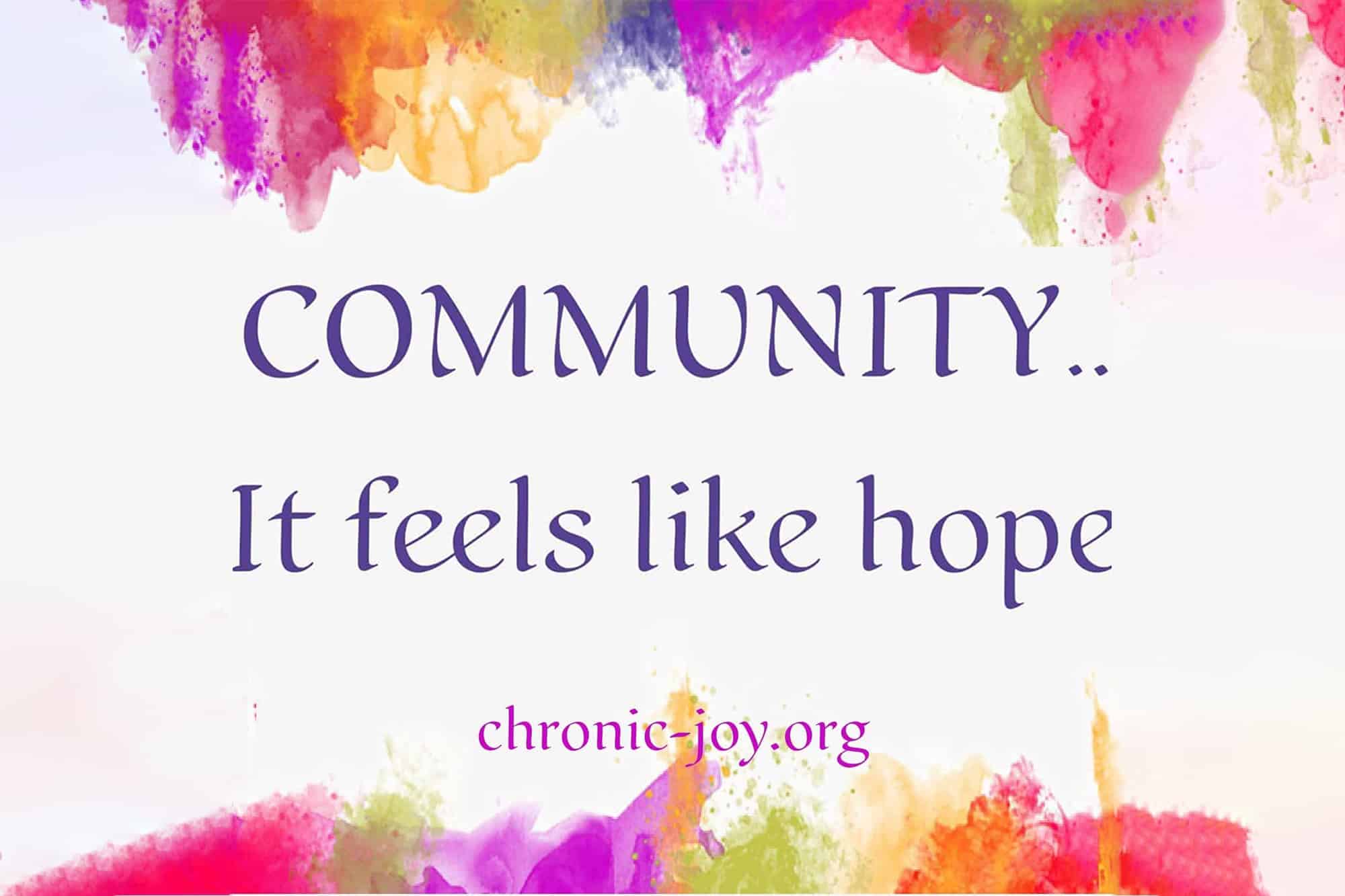There is nothing easy about watching others struggle with chronic illness.
In watching, we suffer, too. There are two answers:
one is community, and the other is God.
WATCHERS, WE ARE NOT SAINTS
“I’m okay.”
“I’ve got this.”
“Honestly, it’s fine, I promise.”
Sometimes, it’s easy to forget that we are only a Watcher; instead, we begin to think that we are (or should be) a saint.
This is what it looks like:
Do you…
- feel guilty all the time? (“I’m not a good Watcher – not even passable?” “Why can’t I do anything right?”)
- gloss over your hardships and sacrifices? (“Oh, I don’t do much, not at all.” “Yes, I spent all day driving my loved one to appointments in the rain, but that doesn’t matter. It was nothing!”)
- never share your problems? (“I’m fine.” “One has to do what one has to do!” “Other people have it worse, after all.”)
WHY IS IT WRONG?
- It’s a lie (sometimes, at least) to ourselves or others. After all, no one is fine every day of the year. No one is cheerful day in and day out.
- It squashes relationships. No one feels comfortable around someone who is seemingly perfect. No one will feel able to share their trials with you if you never share with them.
- It removes the need for Jesus. If we have it all together, why do we need a Savior?
- It’s a burden and a stress on us. Relief is found in community. There’s comfort in sharing and admitting the truth and receiving help.
WHY DOES IT HAPPEN?
- It’s a pride thing: we don’t want to be seen as weak.
- We’re afraid: what if we admit to having problems, but there are no solutions? What if the Bible is not enough?
- Watching is our identity, so if we fail, we instantly become a less acceptable human.
SOME TRUTHS
- Jesus’ strength and grace are revealed in weakness. We’re not doing the gospel any favors by trying to be perfect. Instead, we’re propagating the lie that humans can be their own saviors.
- Hardships and vulnerabilities make us more approachable.
- If we do not admit to needing help, we refuse to allow others to demonstrate the love of Jesus.
HOW DO WE RESPOND?
- Practice talking about our struggles. This can be hard when we’re used to automatically replying, “I’m good,” – but it’s worth it!
- We cultivate humility and dependence on God by admitting we need help. One way of doing this is to pray before every task, however small.
- Repent of our pride and acknowledge that we need Jesus.
Have you ever been tempted to be a saint? I have – and it’s never ended well.
My friends, we are Watchers, not saints – let’s not be afraid to fail.
Therefore, as God’s chosen people,
holy and dearly loved,
clothe yourselves with compassion,
kindness, humility, gentleness, and patience.
(Colossians 3:12)


Emily J. Maurits
Chronic Joy® Contributing Writer
After working for several years in public health, Emily is studying theology. She believes we are all called to love suffering people because it is what Jesus did. She is passionate about equipping and encouraging others to do just that and founded www.calledtowatch.com for the family and friends of those with chronic illness. As well as uncovering God's presence in the chaos of life, she enjoys reading, running, and writing. Check out her memoir Two Sisters & a Brain Tumour.


Recent Comments